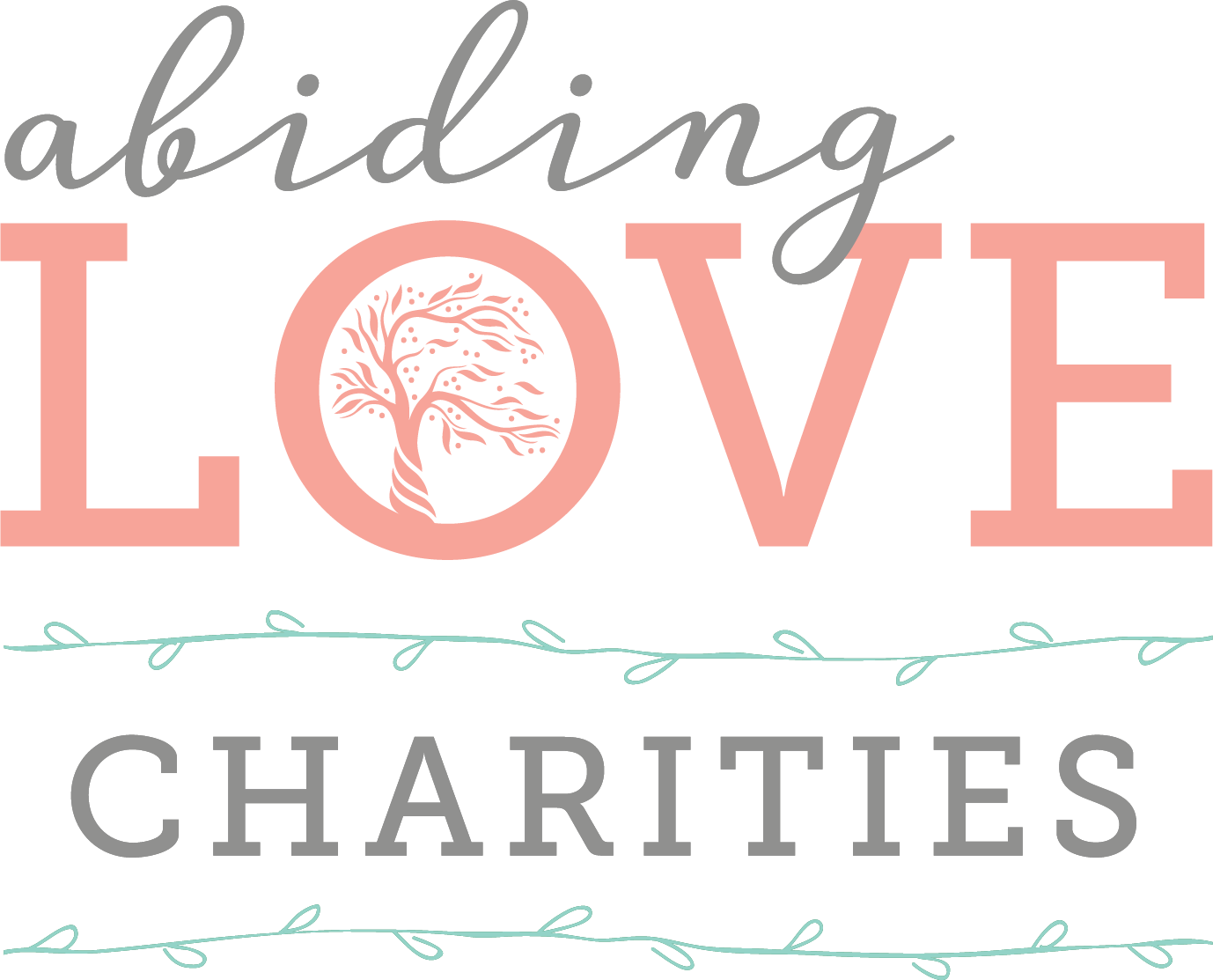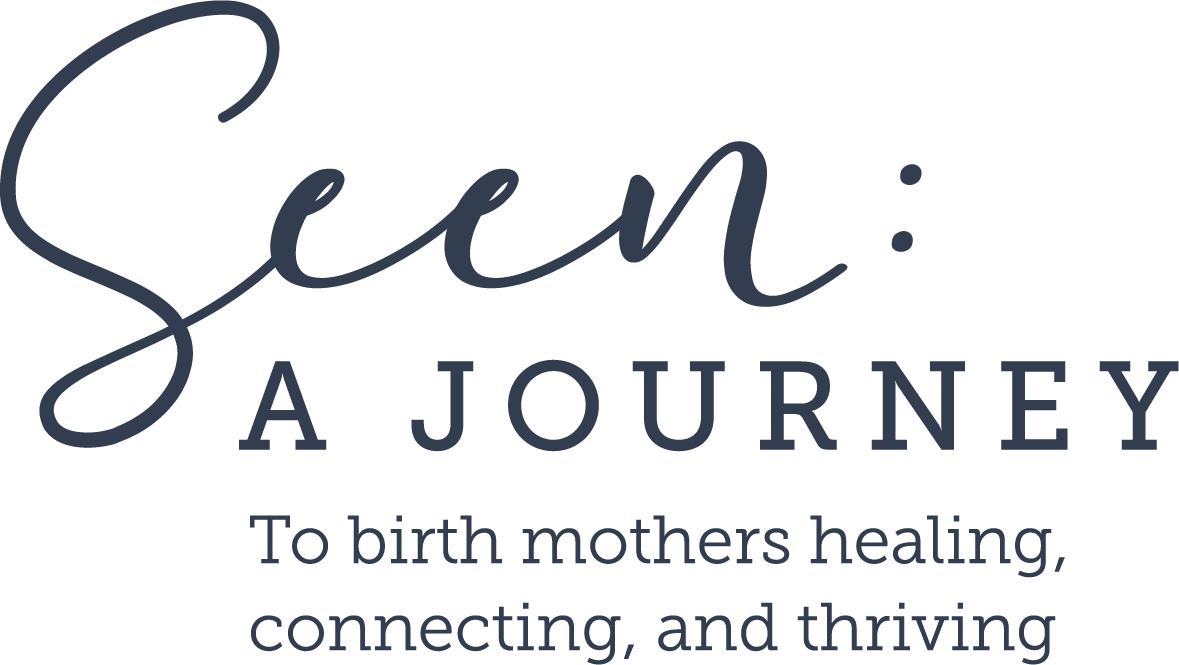Plan B
“I do not want to be your second option or backup plan. I want to be your first choice, your only choice.” Ashley Z., an adoptee
Infertility is a heartbreaking truth for so many couples who want to parent. The process can be long, causing emotional, physical, and spiritual trauma that lingers for years. The decision to pursue adoption often comes after months of trying to conceive a child. I like to believe that once the decision to adopt a child was made, it was not made out of desperation and hopelessness. Life hands us hard truths, and we are left to grapple and make sense of the remaining fragments. Adoptees who have adoptive parents who struggled with infertility tend to struggle with feeling wanted and loved.
There can be a range of emotions from adoptees regarding adoption after infertility. Some adoptees have had positive experiences and feel deeply loved and supported, regardless of why their parents adopted. Others struggle with feeling like they were part of a transaction.
Infertility carries grief for both the adoptive parents and the adoptee. It is imperative for adoptive parents to fully process their infertility grief before considering adoption. Unhealed infertility grief can create unspoken emotional challenges within the family.
The emotional impact of infertility can take a toll on adoptees. Adoptees who learn that they were adopted because of their parents’ infertility sometimes struggle with feeling like a “second choice” or a “replacement” for a biological child their parents couldn’t have. Other adoptees might feel pressure to fulfill their parents’ expectations or feel the burden of completing the family.
“ Infertility seems like it is the only reason why people adopt nowadays. Like my purpose on this earth is to fill another person’s void.” Danie J., an adoptee
Healing from the Truth of Being Chosen After Infertility
1. Acknowledge Your Feelings
- Allow yourself to process emotions such as grief, confusion, or resentment.
- Recognize that your feelings are valid and do not diminish your worth or your parents’ love.
2. Separate Your Identity from Their Infertility
- You were adopted because you are valued, not just because your parents couldn’t conceive.
- Your existence is meaningful beyond being a solution to their loss.
3. Seek Spaces to Express Yourself
- Find support groups, therapy, or trusted individuals who understand adoption complexities.
- Connect with other adoptees who share similar experiences.
4. Communicate Openly with Your Parents
- If you feel comfortable, discuss your thoughts and feelings with your adoptive parents.
- Express what you need from them to feel secure and understood.
5. Reframe the Narrative
- Your story is more than infertility. It is about your journey, identity, and growth.
6. Set Boundaries Where Needed
- If discussions about infertility make you uncomfortable, it’s okay to establish limits around those conversations.
- Advocate for yourself in ways that make you feel emotionally safe.
7. Explore Your Own Story
- Learn more about your adoption story at your own pace.
- If it helps, journal your thoughts, write letters to your younger self, or create an adoptee keepsake book.
8. Embrace Your Worth
- Your value is not dependent on someone else’s loss.
“I wonder what it feels like to be wanted from birth.” Mira H., an adoptee


